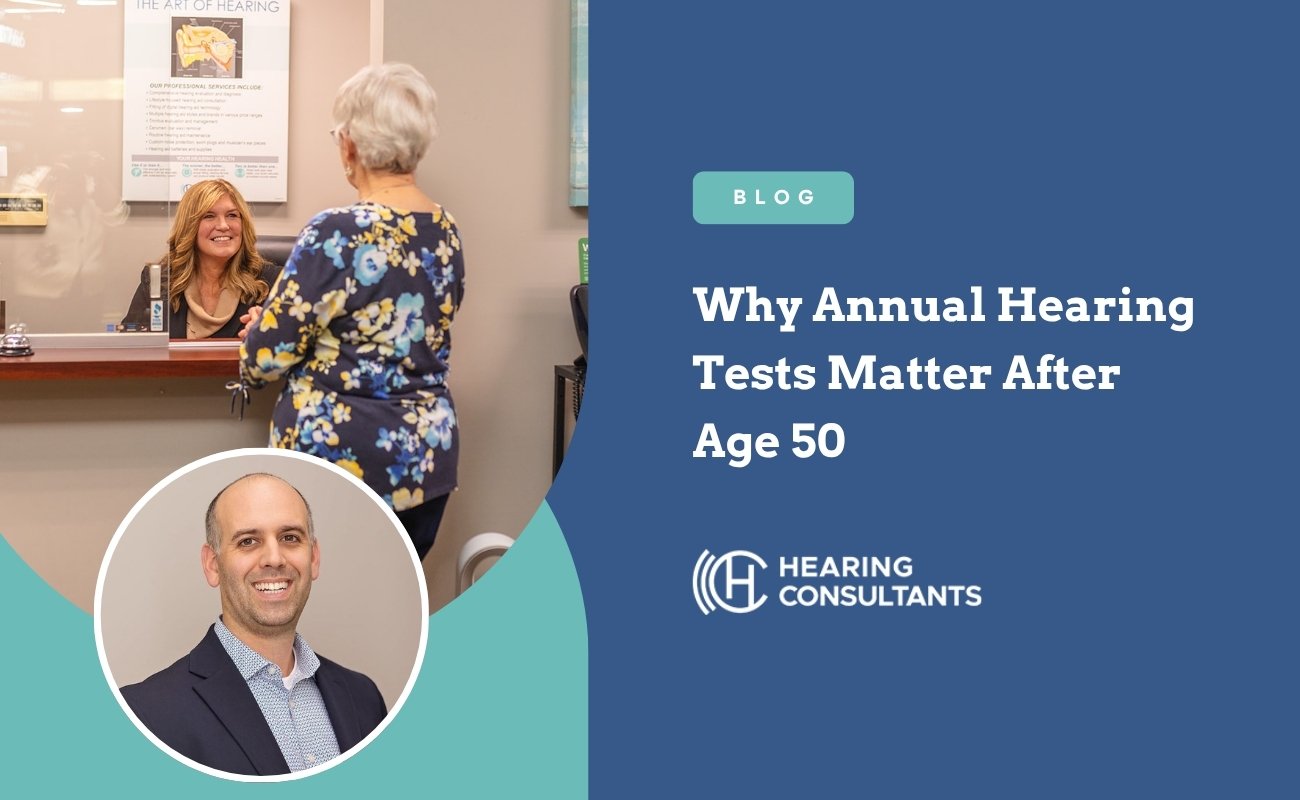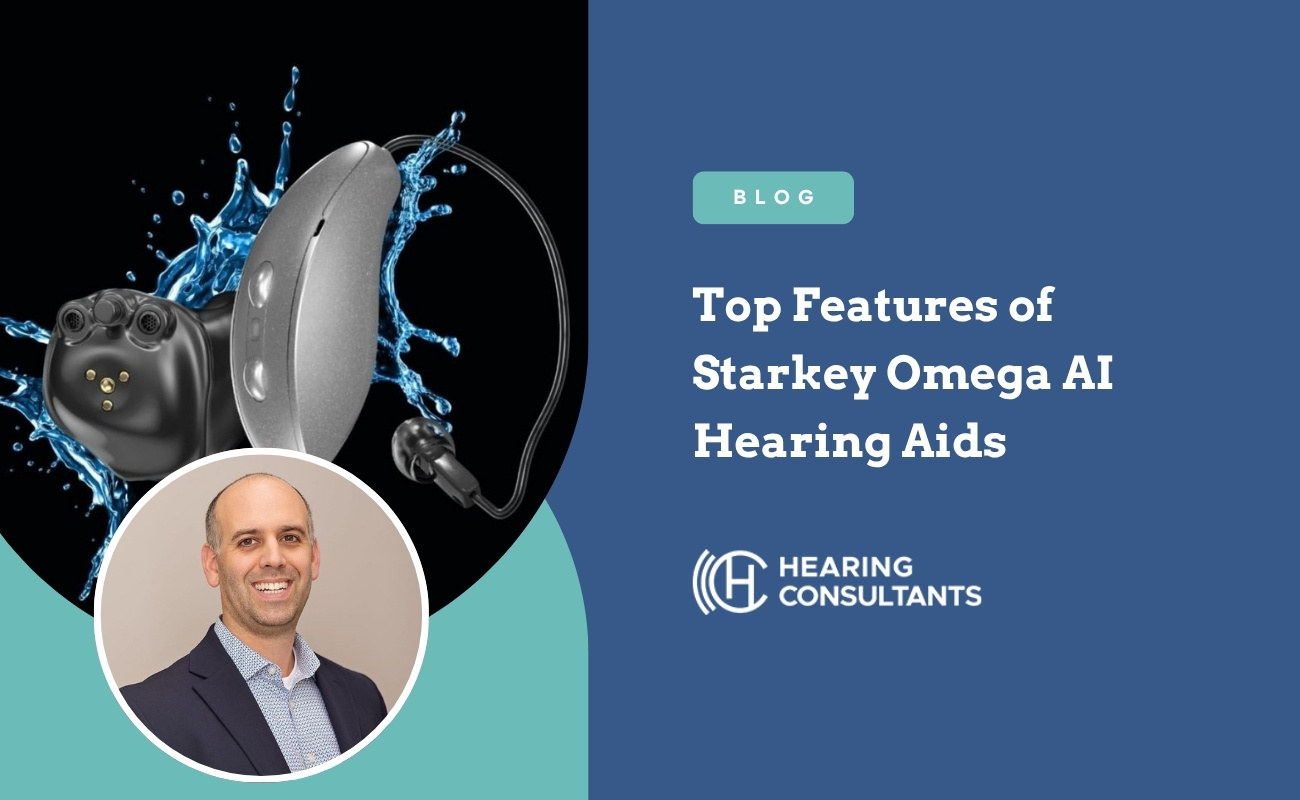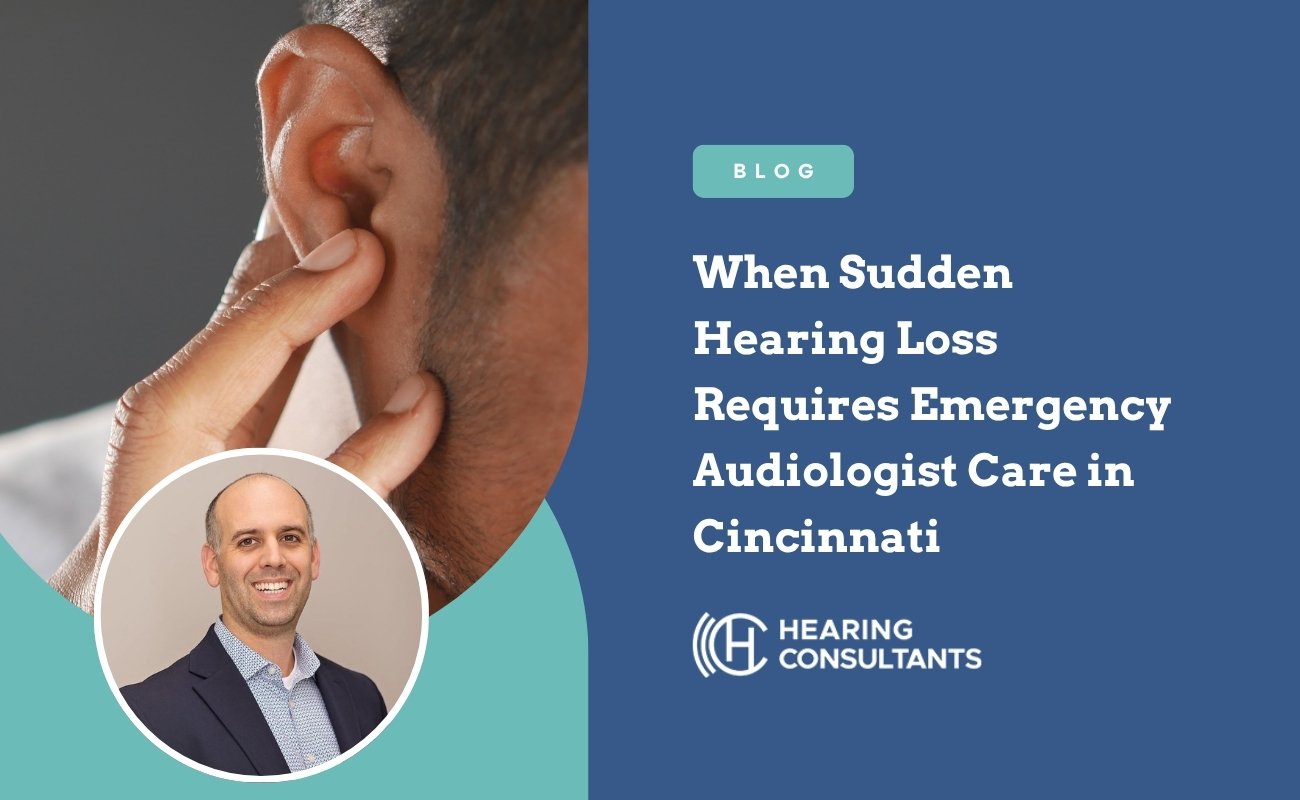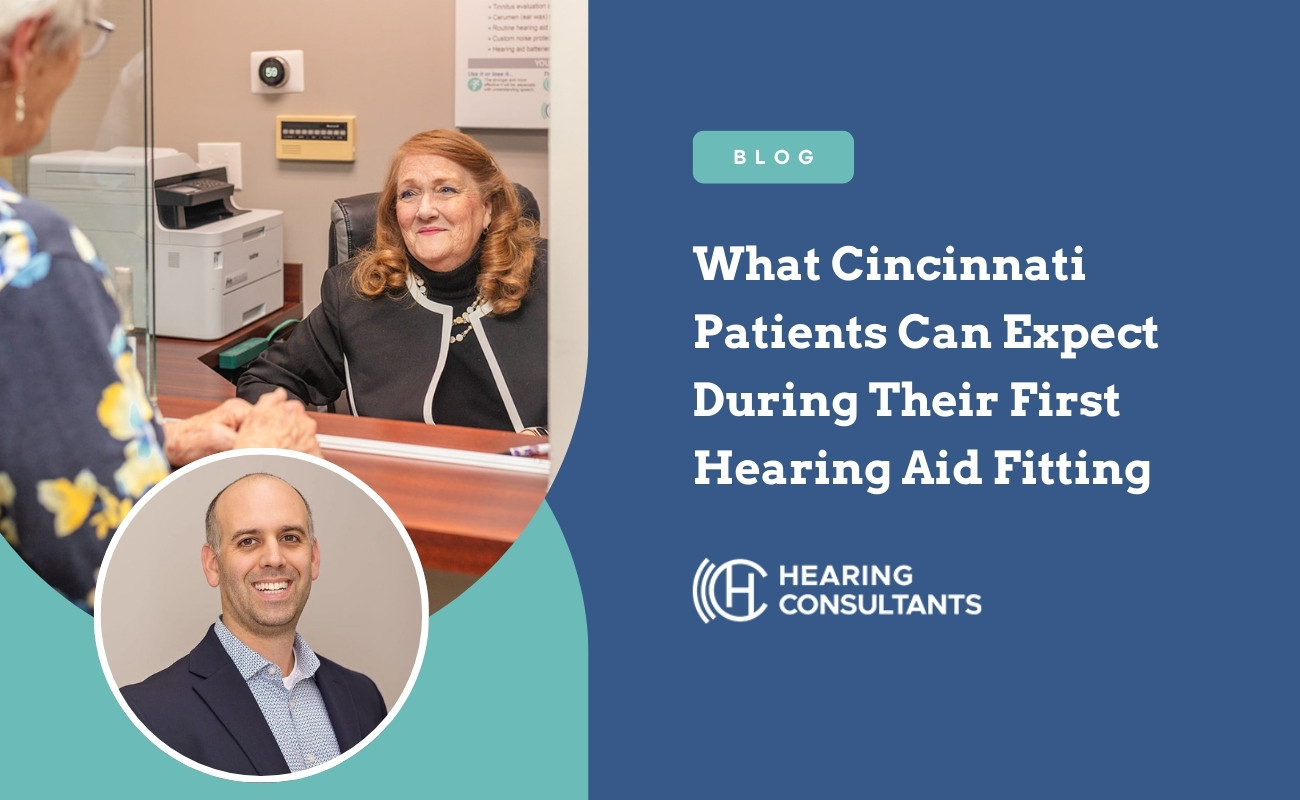September is World Alzheimer’s Month
With 50 million people worldwide experiencing Alzheimer’s, you might wonder why we have not yet come up with a cure. The answer lies in the mysterious and complicated web of conditions that can afflict a person with dementia, compounded with the vast and uncharted inner workings of the human brain.
Though we do not yet have a cure for Alzheimer’s, we are learning more about some of the preventative tactics that seem to have an effect in some individuals. Controlling high blood pressure, exercising regularly, and quitting smoking may reduce your risk of Alzheimer’s disease, but there is one more surprising behavior that might work as Alzheimer’s prevention: using hearing aids.
This September, an international effort honors World Alzheimer’s Month by supporting and raising awareness about the condition, including the necessity to fund more research into causes, treatments, prevention, and a cure. Alzheimer’s is the most common form of dementia, and it affects the cognition of not only elderly people.
Understanding Alzheimer’s Disease
Early onset Alzheimer’s can occur in people under 65 years of age, making it imperative to seek out solutions. Some of the early warning signs of Alzheimer’s include struggling to find the words for things that are otherwise common knowledge, getting lost in familiar places, having trouble dealing with finances, bills, or money, losing objects or placing them in odd locations, personality or mood changes, demonstrating uncharacteristically poor judgment, repeating the same question over and over, and taking longer to complete basic activities of daily life. Although these behaviors can be warning signs of Alzheimer’s, they are commonplace mistakes that anyone can make. Don’t be alarmed if you have found yourself performing one of these cognitive errors now and again. Those who are experiencing the warning signs of dementia will have a frequent combination of these symptoms when the condition is close at hand.
Hearing Loss and Dementia
One of the surprising links with Alzheimer’s disease and other forms of dementia comes from a seemingly distinct mental function: hearing. Researchers such as Dr. Frank Lin and his team have discovered a significant connection between hearing loss and dementia, demonstrating that those who have hearing loss are not only more likely to develop dementia in the future, but that they are also more likely to have a fast cognitive decline after the onset of the condition. With such strong evidence of a connection, we wonder what mechanism links the two in a given individual. More recent research by Hèléne Amieva, an epidemiologist and biostatistician in Bordeaux, France, found that those who use hearing aids can actually wipe out this negative effect of hearing loss on the likelihood of development dementia. Though people with untreated hearing loss are at greater risk of developing dementia, those who wear hearing aids are no more likely than their counterparts with full hearing ability.
With this evidence in mind, we have to ask ourselves precisely how dementia and hearing loss are linked. Is there a part of the brain where the two conditions are occurring at once? On the contrary, the finding about the use of hearing aids suggests that the actual act of listening is the culprit in leading to cognitive decline. Those who struggle to carry on conversations are posed with a puzzle in what they hear. Rather than full sentences or words, they only pick up random fragments of sound and syllables. You can think of this cacophony of sound as a jigsaw puzzle that is missing some of the pieces. When the brain scrambles to make sense of this mixed bag of sounds, it can lead to a serious cognitive load in the individual. Researchers are wondering now if this struggle to communicate can carry over into other aspects of thought, confusing the process of cognition and even leading to dementia.
Hearing Consultants
With World Alzheimer’s Month upon us, why not take the opportunity to investigate this connection with hearing loss for yourself and the people you love? If you have untreated hearing loss, the task is simple to schedule a hearing exam and to consult with our team at Hearing Consultants. Once you have better information about your hearing ability, you will be able to seek out assistance in the form of hearing aids, which will bring significant benefits to your overall health and well-being.
Get in touch with
Hearing Consultants
Contact our clinic to schedule an appointment today!







